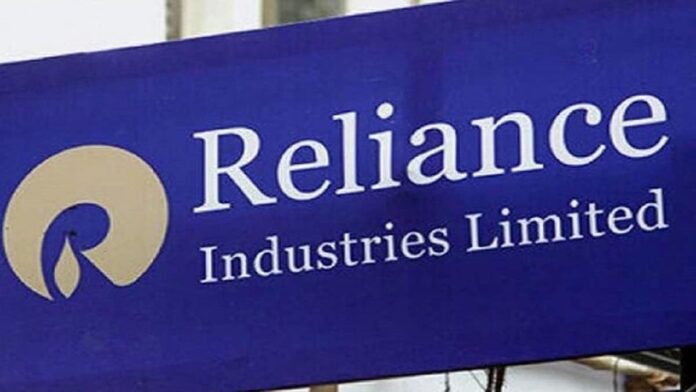Reliance New Energy Battery (RNEB), a subsidiary of Reliance Industries (RIL), has signed an agreement with the ministry of heavy industries on February 17 to secure 10 GWh capacity under the production linked incentive (PLI) scheme for Advanced Chemistry Cell (ACC) manufacturing.
RIL bagged the ₹3,620 crore order in September 2024.
With this latest signing, the total allocated capacity under the ₹18,100 crore PLI scheme now stands at 40 GWh across four selected firms. Reliance New Energy Solar had previously secured 5 GWh in the initial round back in 2022.
The ACC PLI scheme, approved in 2021 with a budgetary outlay of ₹18,100 crore, aims to develop 50 GWh of ACC manufacturing capacity, along with an additional 5 GWh for niche ACC technologies. The scheme is designed to enhance local value addition, keep India’s battery manufacturing globally competitive, and provide beneficiary firms the flexibility to adopt cutting-edge technologies to support electric vehicles and renewable energy storage.
ALSO READL&T acquires balance 26% stake in L&T Special Steels and Heavy Forgings for Rs 170 crore
However, progress under the scheme has been slower than expected. Among the three successful bidders in 2022—Ola Electric Mobility (20 GWh), Rajesh Exports (5 GWh), and Reliance New Energy (5 GWh)—all have commissioned their manufacturing facilities, yet none have commenced large-scale commercial production.
Currently, only Ola Electric Mobility is operational with a 1 GWh capacity and is undergoing product stabilization, while the other two firms are still in the plant construction phase.
» Read More


